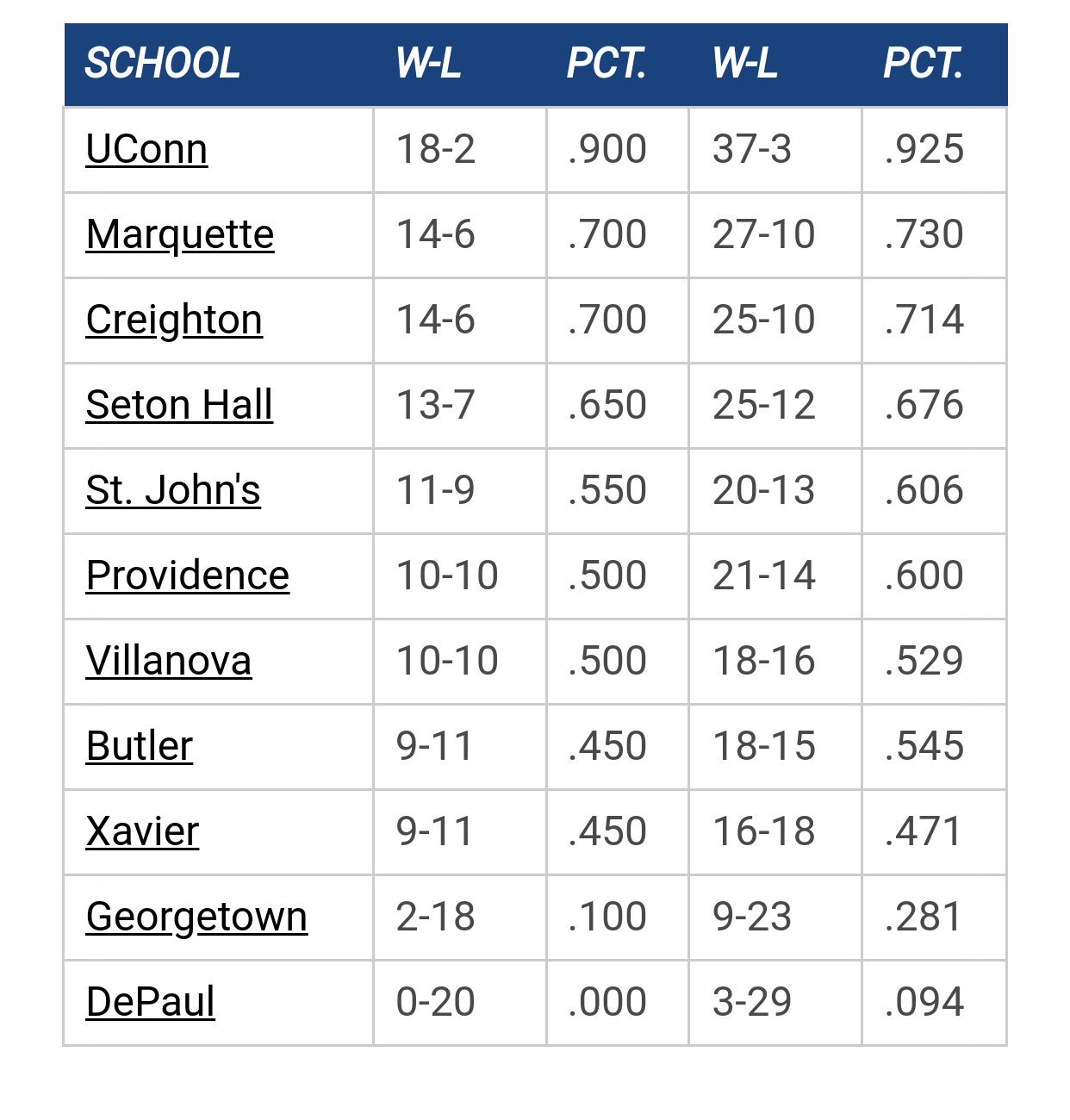- Welcome to MUScoop.
NMD by MarquetteMike1977
[Today at 10:05:14 AM]
Recruiting as of 1/15/26 by We R Final Four
[Today at 09:42:57 AM]
Our Future by GoldenEagles03
[Today at 09:36:26 AM]
Going Positive by MarquetteMike1977
[Today at 01:00:11 AM]
2025-26 Big East Thread by MuggsyB
[February 06, 2026, 11:56:53 PM]
Radio show 2/5 by rocky_warrior
[February 06, 2026, 11:24:59 PM]
2026 Transfer Portal Wishlist by MU82
[February 06, 2026, 10:16:06 PM]
[Today at 10:05:14 AM]
Recruiting as of 1/15/26 by We R Final Four
[Today at 09:42:57 AM]
Our Future by GoldenEagles03
[Today at 09:36:26 AM]
Going Positive by MarquetteMike1977
[Today at 01:00:11 AM]
2025-26 Big East Thread by MuggsyB
[February 06, 2026, 11:56:53 PM]
Radio show 2/5 by rocky_warrior
[February 06, 2026, 11:24:59 PM]
2026 Transfer Portal Wishlist by MU82
[February 06, 2026, 10:16:06 PM]
The absolute only thing required for this FREE registration is a valid e-mail address. We keep all your information confidential and will NEVER give or sell it to anyone else.
Login to get rid of this box (and ads) , or signup NOW!
Butler Date/Time: Feb 7, 2026, 1:00pm TV: FS1 Schedule for 2025-26 |
||||||
User actions


